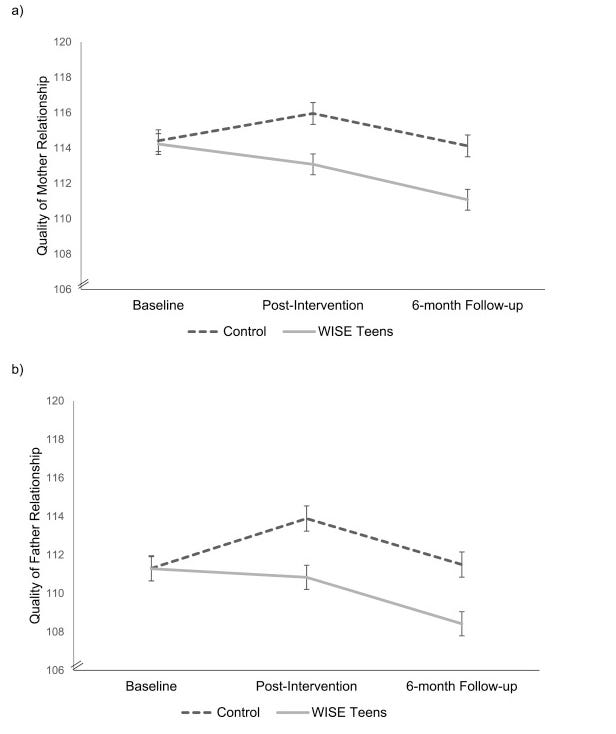A recent paper in the ‘Behaviour Research and Therapy’ Journal reveals the results of an experiment where adolescents were given psychological therapeutic interventions. Not because they were diagnosed with mental health issues or had any specific identified mental health needs. The study’s primary purpose was to evaluate whether this 8-week program that used a therapy called Dialectical Behavioral Therapy (DBT) could improve emotional regulation, reduce mental health difficulties, and enhance overall well-being among adolescents compared to the standard school curriculum. The entire purpose of the study could be summed up as “Let’s try this and see what it does.”
Contrary to expectations, immediately post-intervention, participants in the 'WISE Teens' intervention reported:
Greater difficulties in various outcomes: total difficulties, poorer parent-child relationships, increased depression, anxiety, and emotion dysregulation.
Clinically significant deteriorations in depressive symptoms compared to the control group.
Control group participants showed more spontaneous improvement in certain outcomes like emotion regulation and parent-child relationship quality compared to 'WISE Teens' participants.
The 'WISE Teens' intervention did not yield better outcomes compared to the usual curriculum, even showing poorer parent-child relationships.
Below are the figures from the Study.
Figure 3: The Quality of Parent Relationships Declined in the Intervention Group
Figure 2: Anxiety and Depression Before, During, and After
Luckily, there was a return to baseline for these measures at 6 months. It’s also important to mention the limitation that this study was not randomized as originally conceived, and that these difference could potentially represent innate differences between the groups, rather than being the effect of the intervention.
While acknowledging that, it’s worth mentioning that another paper, with a similar intent but using a different intervention (mindfulness), was fully randomized, and “found no such evidence of superiority of universal SBMT.”
Here are the main lessons I think are important to take away from this study:
Keep reading with a 7-day free trial
Subscribe to Relevant Data to keep reading this post and get 7 days of free access to the full post archives.





